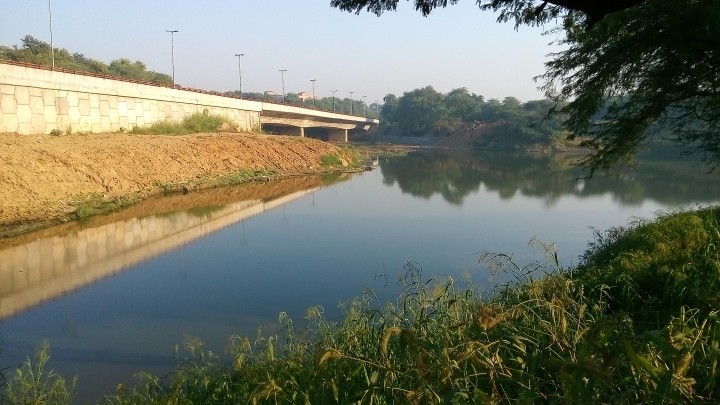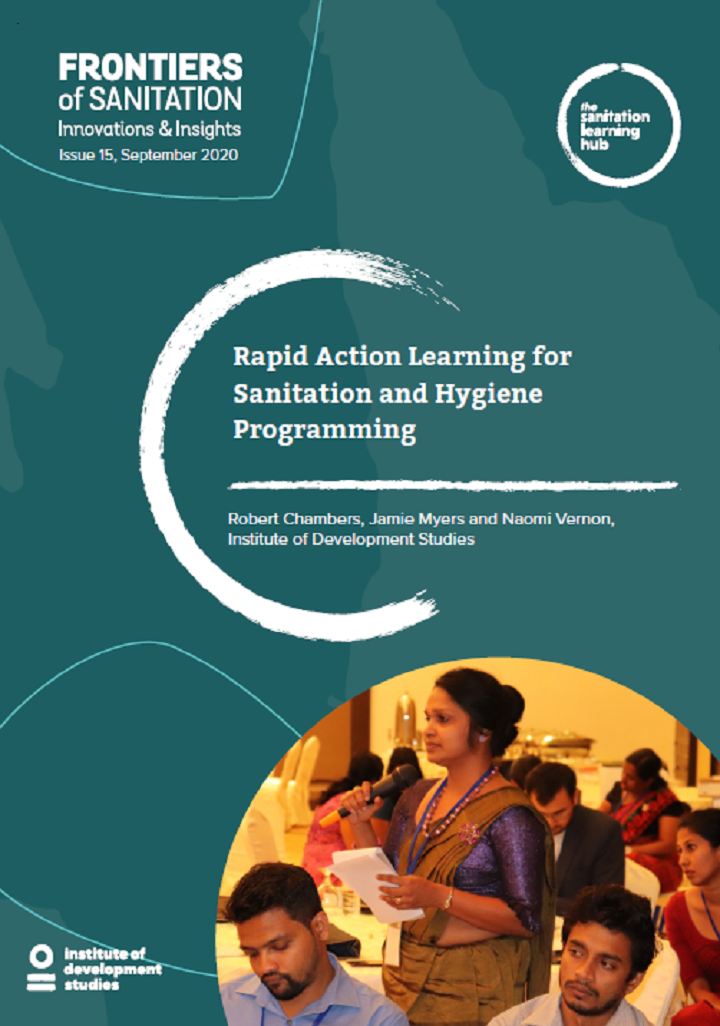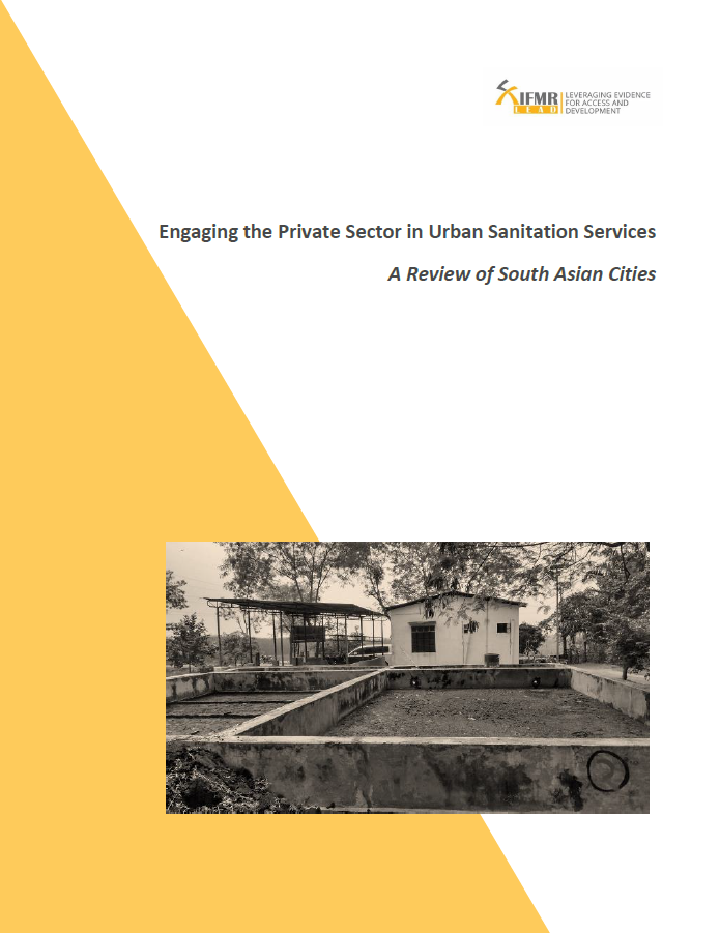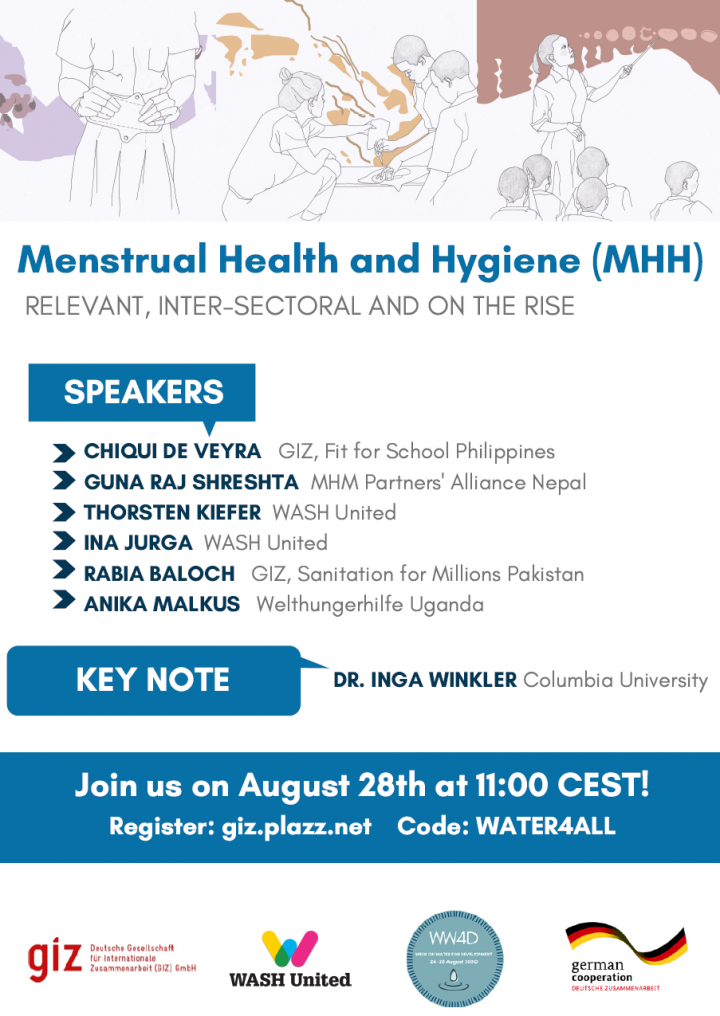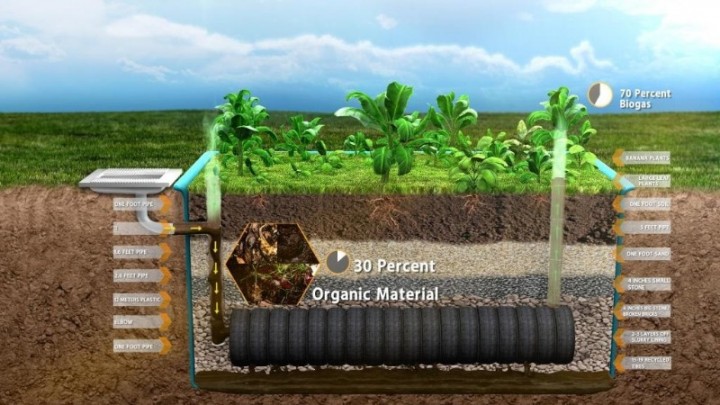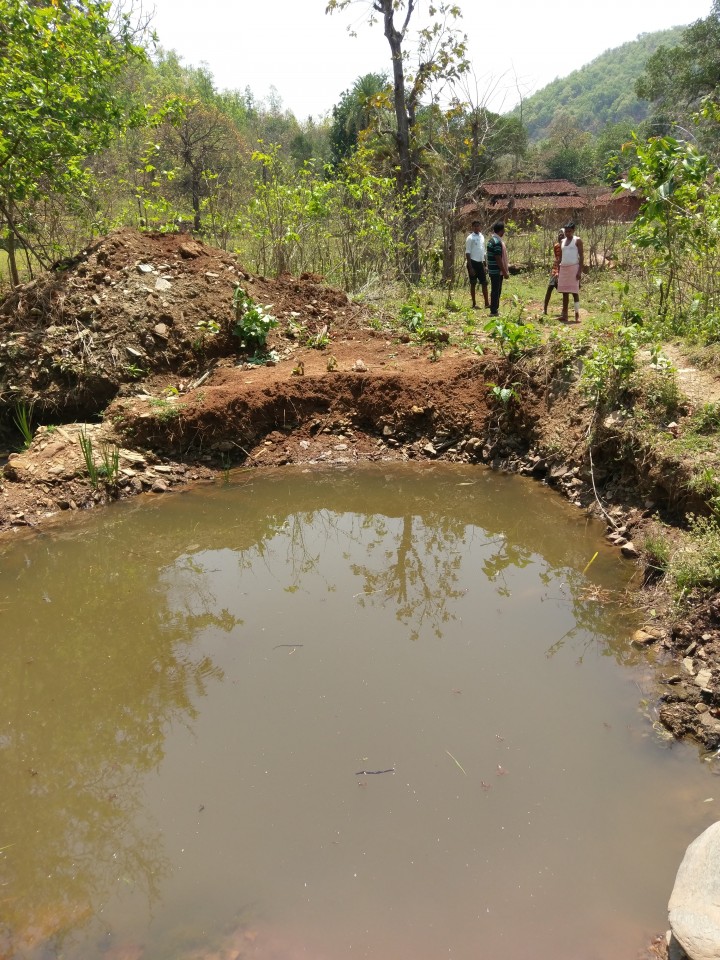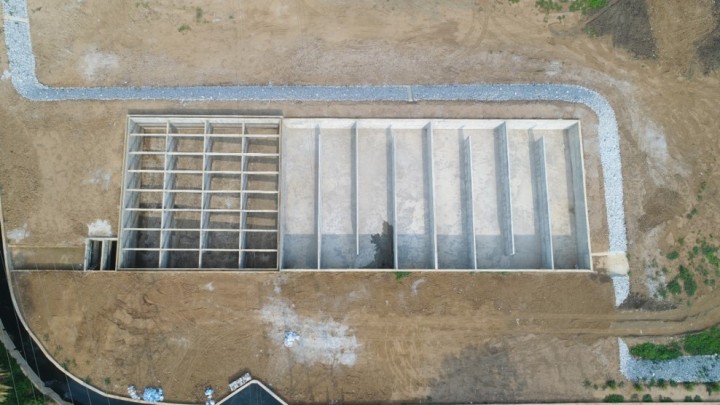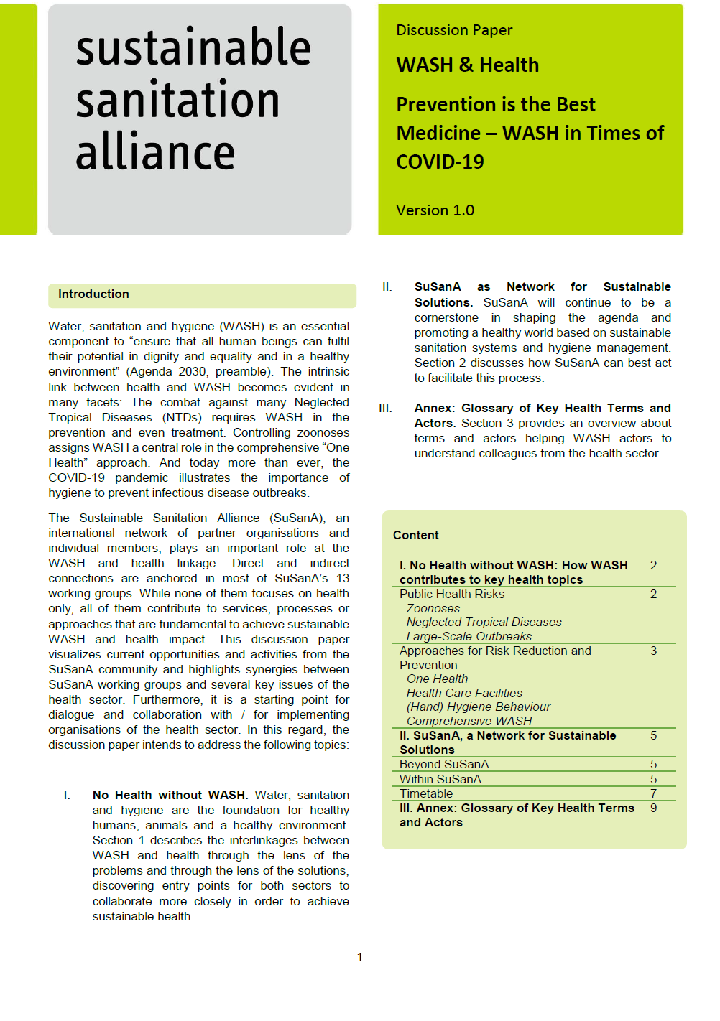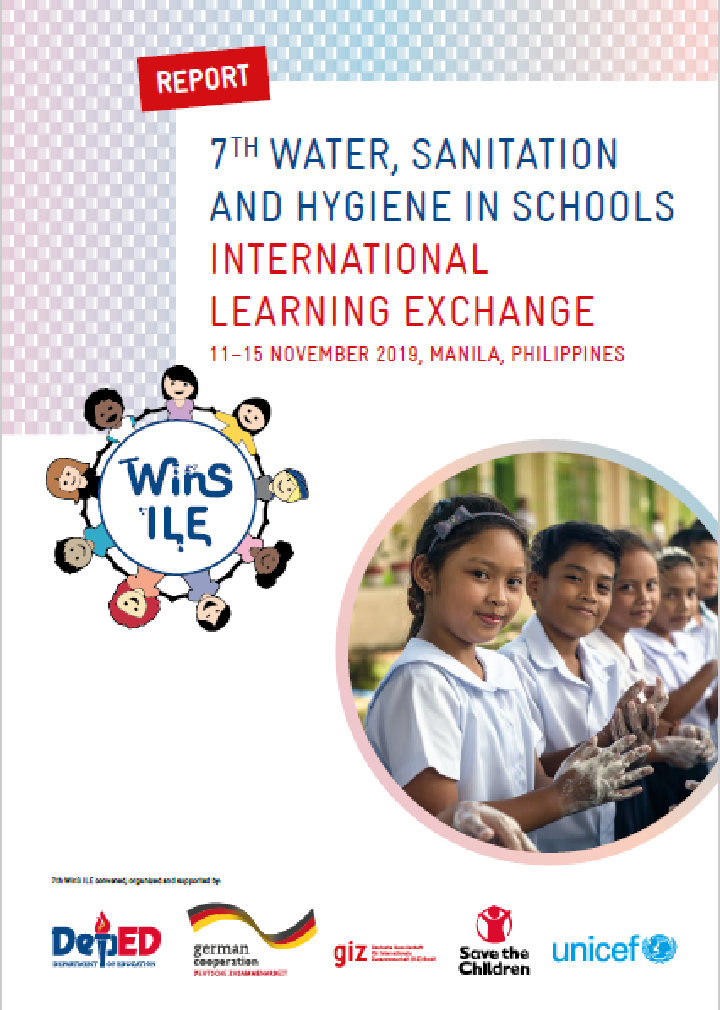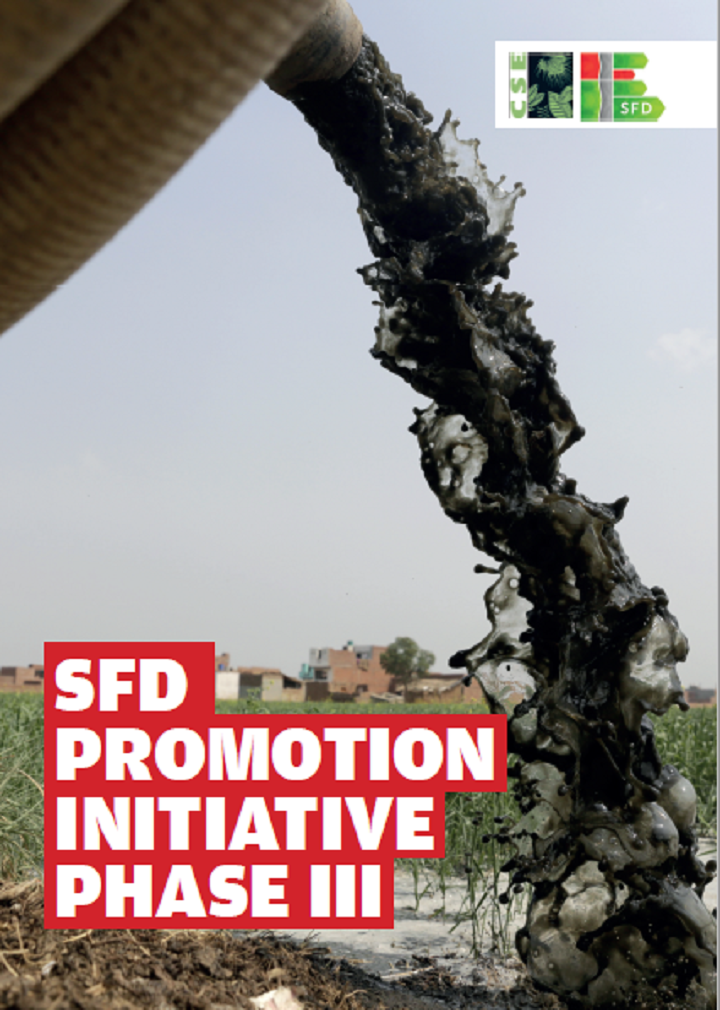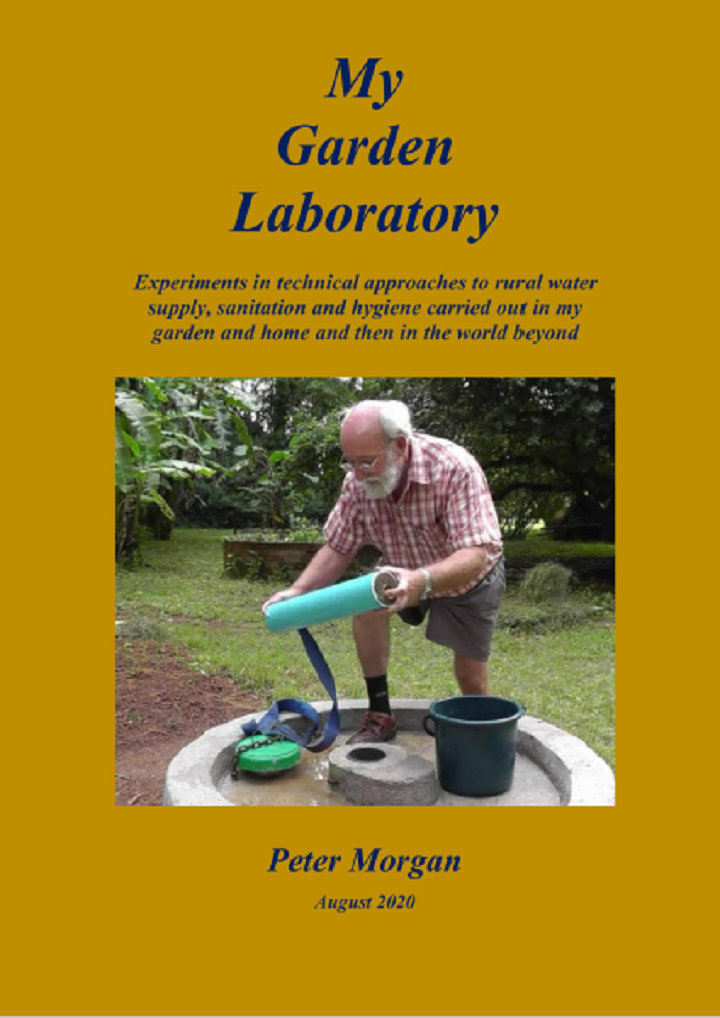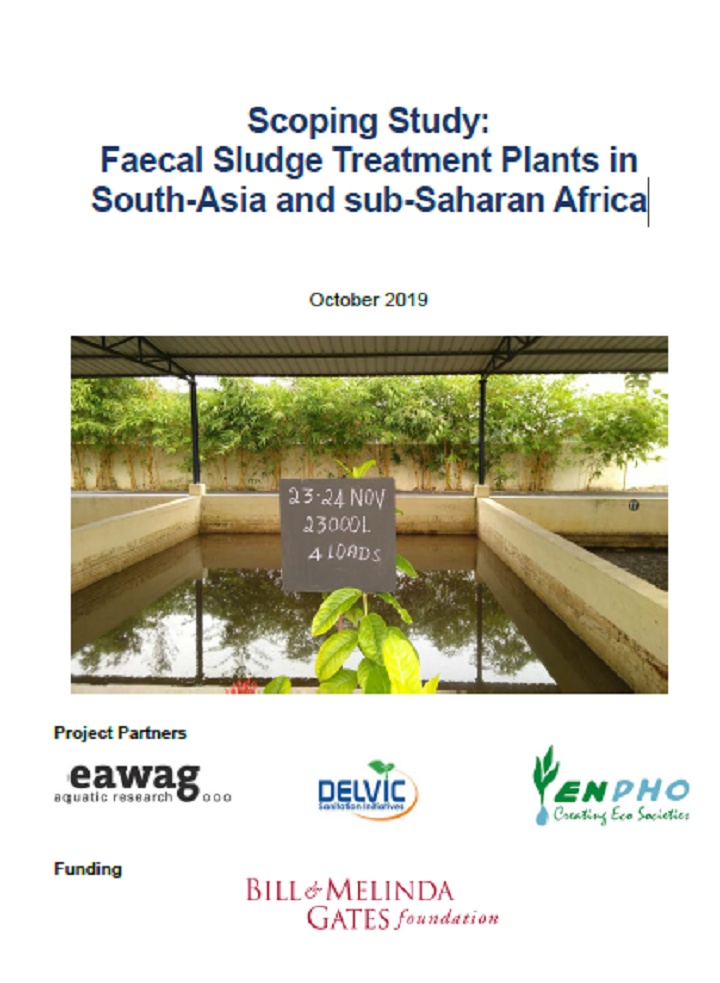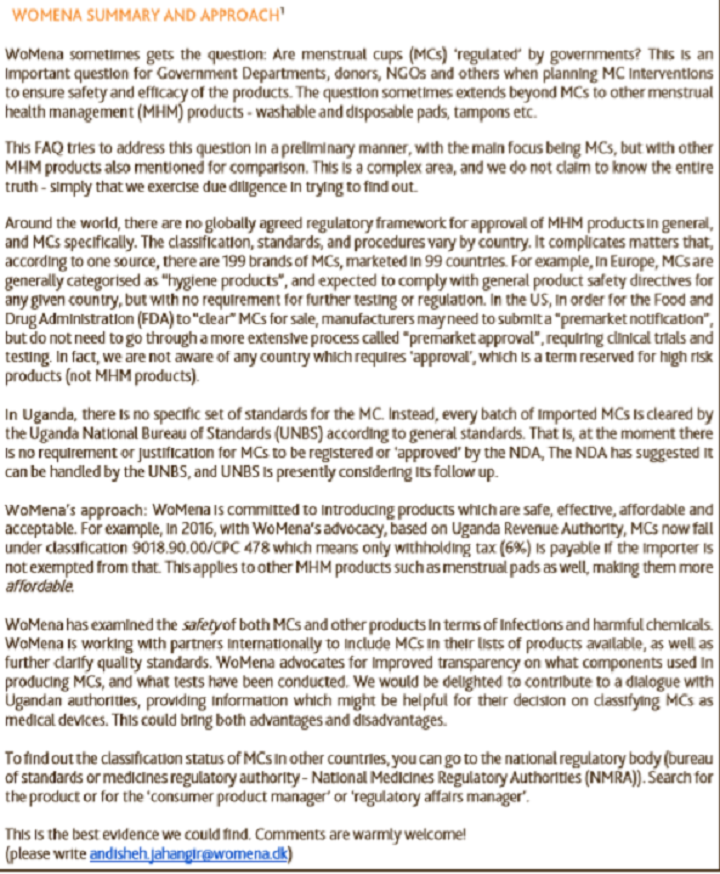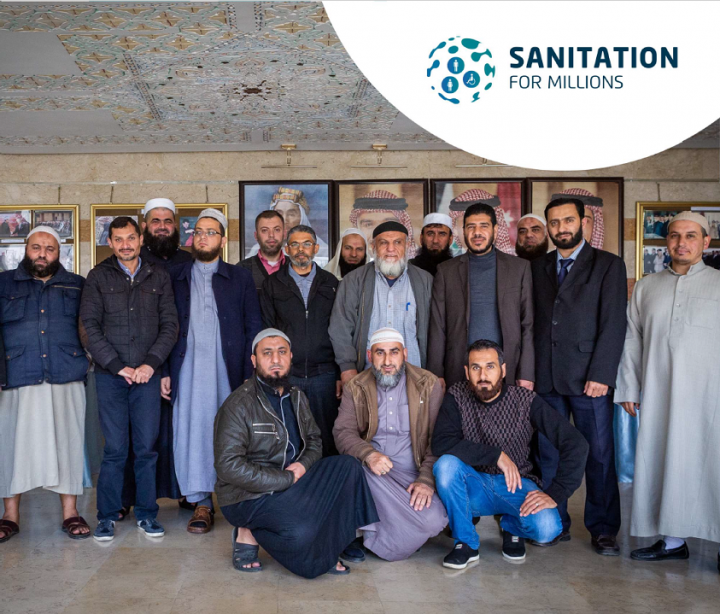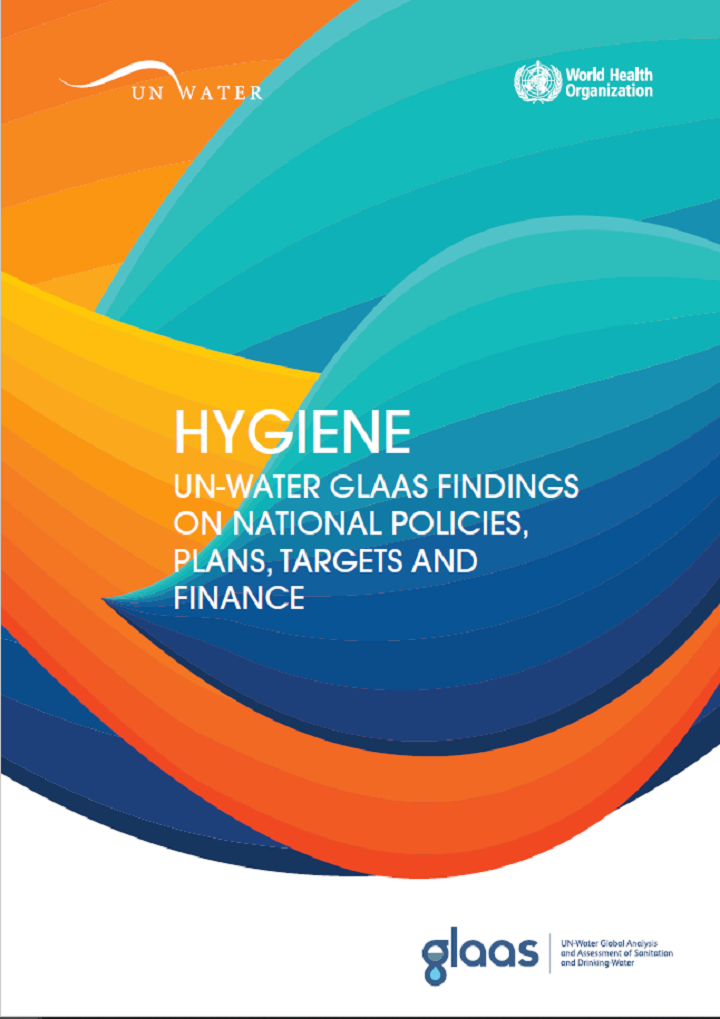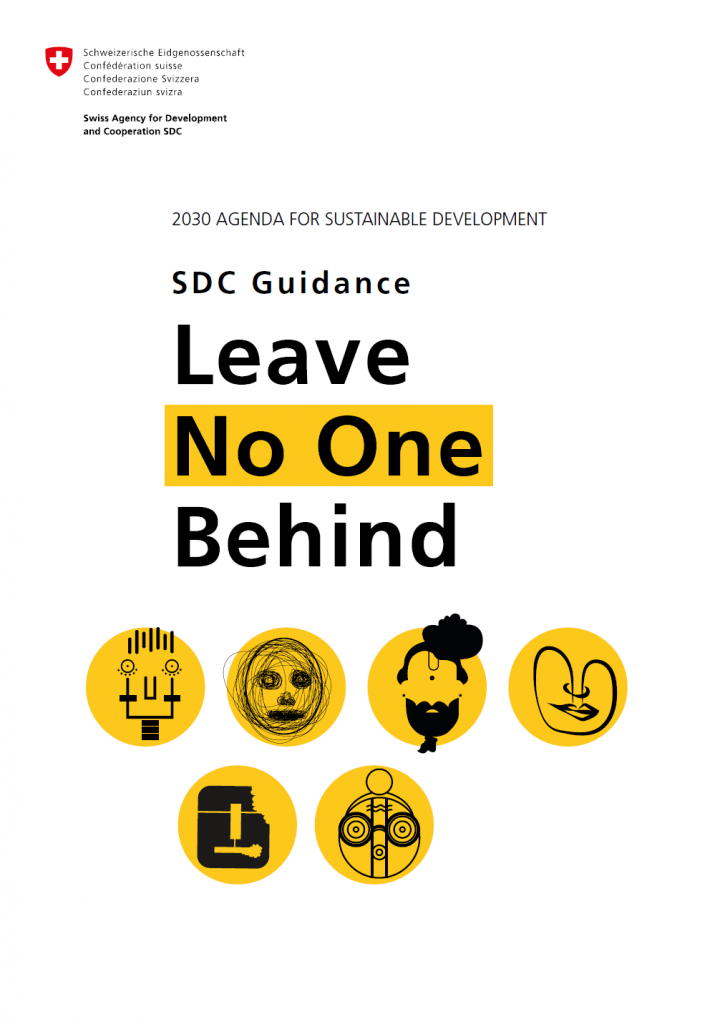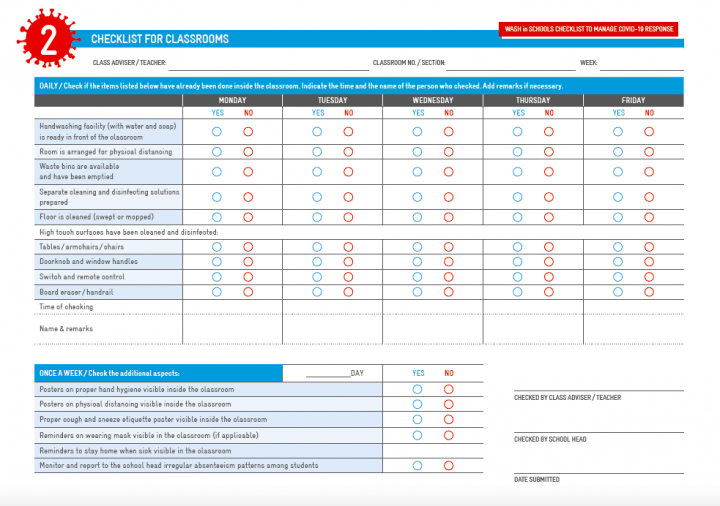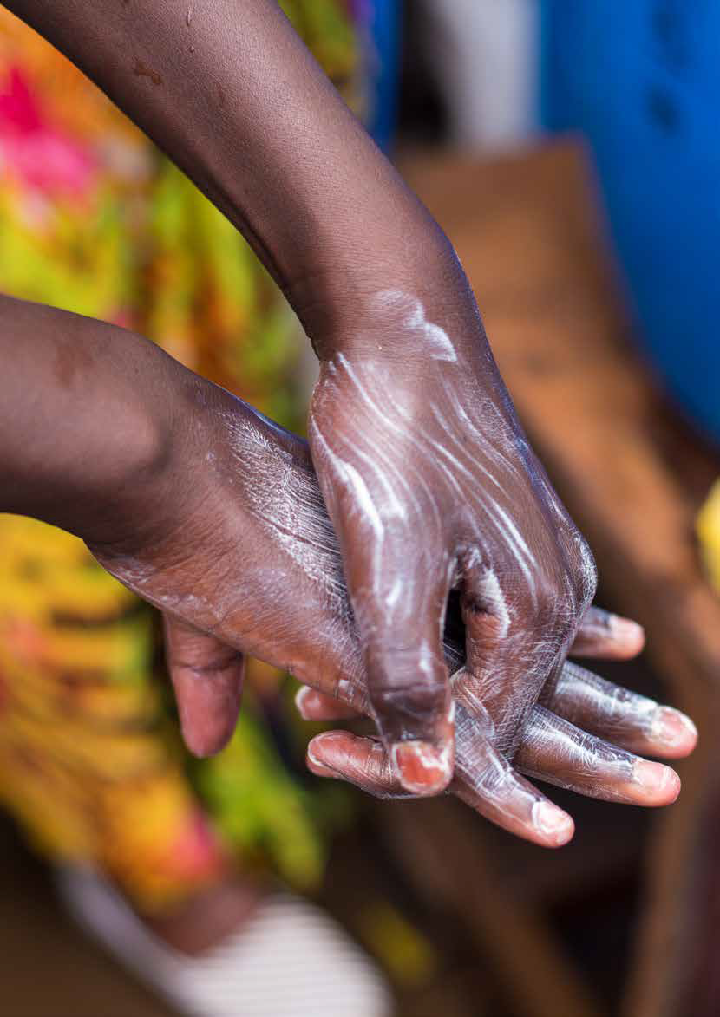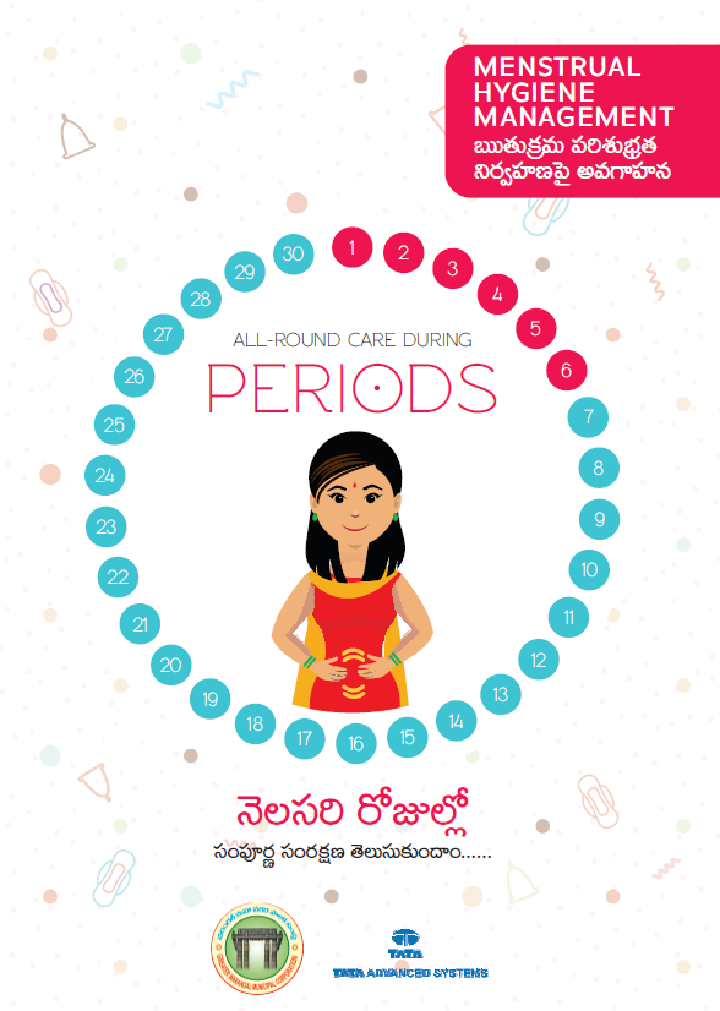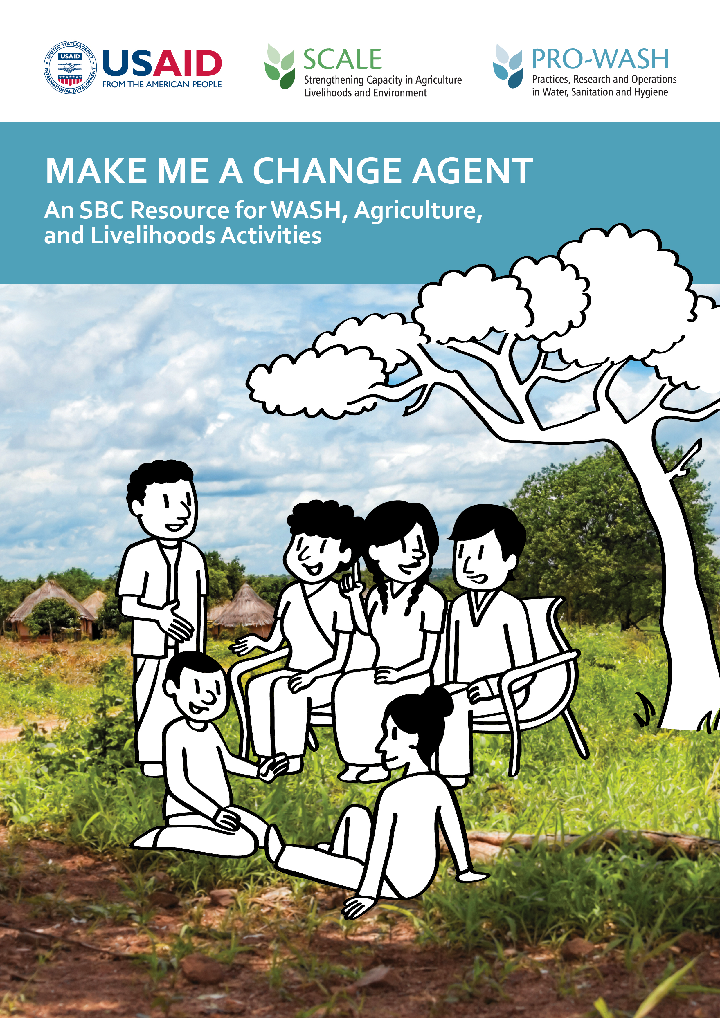Nitya Jacob (2020) Synthesis Document: Liquid Waste Management in SBM II
The Department of Drinking Water and Sanitation (DDWS) under the Ministry of Jal Shakti, Government of India, recently brought out the strategy and guidelines for SBM Phase II, 2020-21 to 2024-25 to consolidate gains made in SBM Phase I. While the goal in the first phase was eliminating open defecation by constructing toilets, the goals in the second phase are much more ambitious. The outlay […]
Chambers, R.; Myers, J.; Vernon, N. (2020) Rapid Action Learning for Sanitation and Hygiene Programming
In October 2019, a group of leading organisations in the sanitation and hygiene (S&H) sector – Plan International, SNV, UNICEF, WaterAid, the World Bank and World Water Supply and Sanitation Collaborative Council (WSSCC) – published a call to action.1 This stressed renewing commitment and stepping up ambitions and investments to rural S&H and called for evidence-based and adaptive implementation.
Srinivasan, S. (2018) Engaging the Private Sector in Urban Sanitation Services A Review of South Asian Cities
In August 2017, the Bill & Melinda Gates Foundation commissioned a rapid review of the South Asia regional portfolio of BMGF/DFID comprising of city projects working on various aspects of public-private partnerships in the delivery of urban sanitation services.
Various Authors (2020) Session Summary: Menstrual Health and Hygiene (MHH) - Relevant, Inter-sectoral and on the Rise Session hosted in the course of the 30th SuSanA Meeting and Week on Water for Development 2020
MHH contributes to gender equality, better education and employment, and the realization of sexual and reproductive health and rights. In this session progress and success stories of MHH globally and within the German Development Cooperation were presented and opportunities for sustaining and scaling the momentum were discussed. The menstrual movement has made progress in the recent years, with the WASH sector providing an entry point. German […]
Devidas Kisan Nimje (2020) Waste Water Management - Participatory Planning, Budgeting and Implementation
This presentation discusses how local rural governments and people can determine grey water treatment options that are local, affordable and manageable.
Sandhya Haribal (2020) Approach & Options for Grey water management
This presentation discusses grey water treatment methods suitable for rural areas, challenges and solution for local governments
Chanakya Hoysall (2020) Grey Water Reuse Potential and Technical Challenges
Characteristics and technical options for grey water management in rural India.
Toetzke, J. (2020) Discussion Paper on WASH & Health Prevention is the best medicine - WASH in times of COVID-19
Water, sanitation and hygiene (WASH) is an essential component to “ensure that all human beings can fulfil their potential in dignity and equality and in a healthy environment” (Agenda 2030, preamble). The intrinsic link between health and WASH becomes evident in many facets: The combat against many Neglected Tropical Diseases (NTDs) requires WASH in the prevention and even treatment. Controlling zoonoses assigns WASH a central […]
WASH in Schools Network (2019) 7th Water, Sanitation and Hygiene in Schools International Learning Exchange in Manila, 11-15 November 2019
WASH in Schools (WinS) is a key element of universal access to both Education for All and WASH for All as defined in the Sustainable Development Goals (SDGs). Schools are important settings to provide environments where children learn and acquire essential hygiene skills for life; and where their health growth and overall development thrive in dignity.
CSE (2020) SFD Promotion Initiative Phase III SFD Promotion Initiative
An excreta flow diagram (also often described as shit flow diagram, SFD) is a tool to readily understand and communicate how excreta physically flows through a city or town. For more information on SFDs and the SFD Promotion Initiative visit https://sfd.susana.org/. During the first two phases of the SFD Promotion Initiative, the SFD approach and the tools and methods for the production of SFDs were […]
Morgan, P. (2020) My Garden Laboratory Experiments in technical approaches to rural water supply, sanitation and hygiene carried out in my garden and home and then in the world beyond
There is something about being an experimenter and a scientist that never quite fades despite ones age or the fact that, as the years pass, as one gets older, the brain and the body never quite functions as efficiently as it used to do. Having been a student of Zoology in my early years and trained in the scientific method of a bygone era (1960’s) […]
Klinger, M.; Gueye, A.; Manandhar Sherpa A.; Strande, L. (2019) Scoping Study: Faecal Sludge Treatment Plants in South-Asia and sub-Saharan Africa
Worldwide over the last years, a shift has taken place in the acceptance of faecal sludge management (FSM). It is now considered by many to be a viable solution alongside sewer-based systems in achieving citywide inclusive sanitation, and faecal sludge treatment plants (FSTPs) are starting to be constructed throughout Asia and Africa. For example, more than 40 FSTPs started operation in India and Bangladesh in […]
WoMena (2020) Are Menstrual Cups regulated by governments around the world?
WoMena Summary and Approach WoMena sometimes gets the question: Are menstrual cups (MCs) ‘regulated’ by governments? This is an important question for Government Departments, donors, NGOs and others when planning MC interventions to ensure safety and efficacy of the products. The question sometimes extends beyond MCs to other menstrual health management (MHM) products – washable and disposable pads, tampons etc. This FAQ tries to address this question […]
Gerlach, E. (2020) Sanitation for Millions - Curtain call for Caretakers: the Hausmeister concept
Universal access to adequate sanitation is one of the under-appreciated achievements of many societies – and unfortunately remains a distant dream for millions. Even in countries where there is no home without a toilet, public institutions tend to have facilities that are part of the unseen fabric of civilisation. Familiar signs guide the way to public conveniences that are usually open to patrons and passers-by, […]
UN-Water, World Health Organization (WHO) (2020) Hygiene - UN-Water GLAAS Findings on National Policies, Plans, Targets and Finance
Frequent and proper hand hygiene is one of the most important measures that can be used to prevent infection with the COVID-19 virus. Actions by governments to promote hygiene, including handwashing with soap and water and providing hygiene infrastructure such as public handwashing facilities, are critical at this time. These actions should be complemented by activities to ensure access to water and sanitation. To understand […]
Swiss Agency for Development and Cooperation (SDC) (2020) Thematic Working Aid “Leave no one behind in practice: Water, Sanitation & Hygiene” by SDC (in English and French)
The 2030 Agenda for Sustainable Development recognises “that eradicating poverty in all its forms and dimensions, including extreme poverty, is the greatest global challenge and an indispensable requirement for sustainable development”. In adopting this Agenda, the international community pledged to leave no one behind, to see to it that the Goals and targets are met for all nations and peoples and for all segments of […]
WASH in Schools Network (2020) WASH in Schools Checklists to Manage COVID-19 Response Checklists for school entrances, classrooms & toilets
WASH in Schools Checklists to Manage COVID-19 Response - Checklists for school entrances, classrooms & toilets
WHO, UNICEF (2020) Hand Hygiene for All Global Initiative
The Hand Hygiene for All Global Initiative is led by WHO and UNICEF. It aims to implement WHO’s global recommendations on hand hygiene to prevent and control the COVID-19 pandemic and work to ensure lasting infrastructure and behavior. It calls for countries to lay out comprehensive roadmaps to ensure hand hygiene is a mainstay beyond the pandemic. It also proposes a framework for coordination and […]
ASCI (2020) Menstrual Hygiene Management Booklet
Menstrual Hygiene Management is fundamental to the dignity and wellbeing of girls. Menstrual hygiene education, availability of water and toilets, safe sanitation facilities with access to sanitary products, are important factors enabling girls to attend school and lead a healthy life, not interrupted by menstruation. This guidance booklet is an education resource to help girls to manage, with confidence, their critical menstruation period. It aims to […]
SCALE, PRO-WASH, USAID (2020) Make Me A Change Agent: An SBC Resource For WASH, Agriculture, And Livelihood Activities
Make Me a Change Agent: An SBC Resource for WASH, Agriculture, and Livelihoods Activities is an adapted version of the Make Me a Change Agent: A Multisectoral SBC Resource for Community Workers and Field Staff guide (produced in 2015 under The TOPS Program) and was co-created by the USAID Office of Food for Peace (FFP)-funded SCALE and PRO-WASH awards. This adapted Make Me a Change Agent […]
